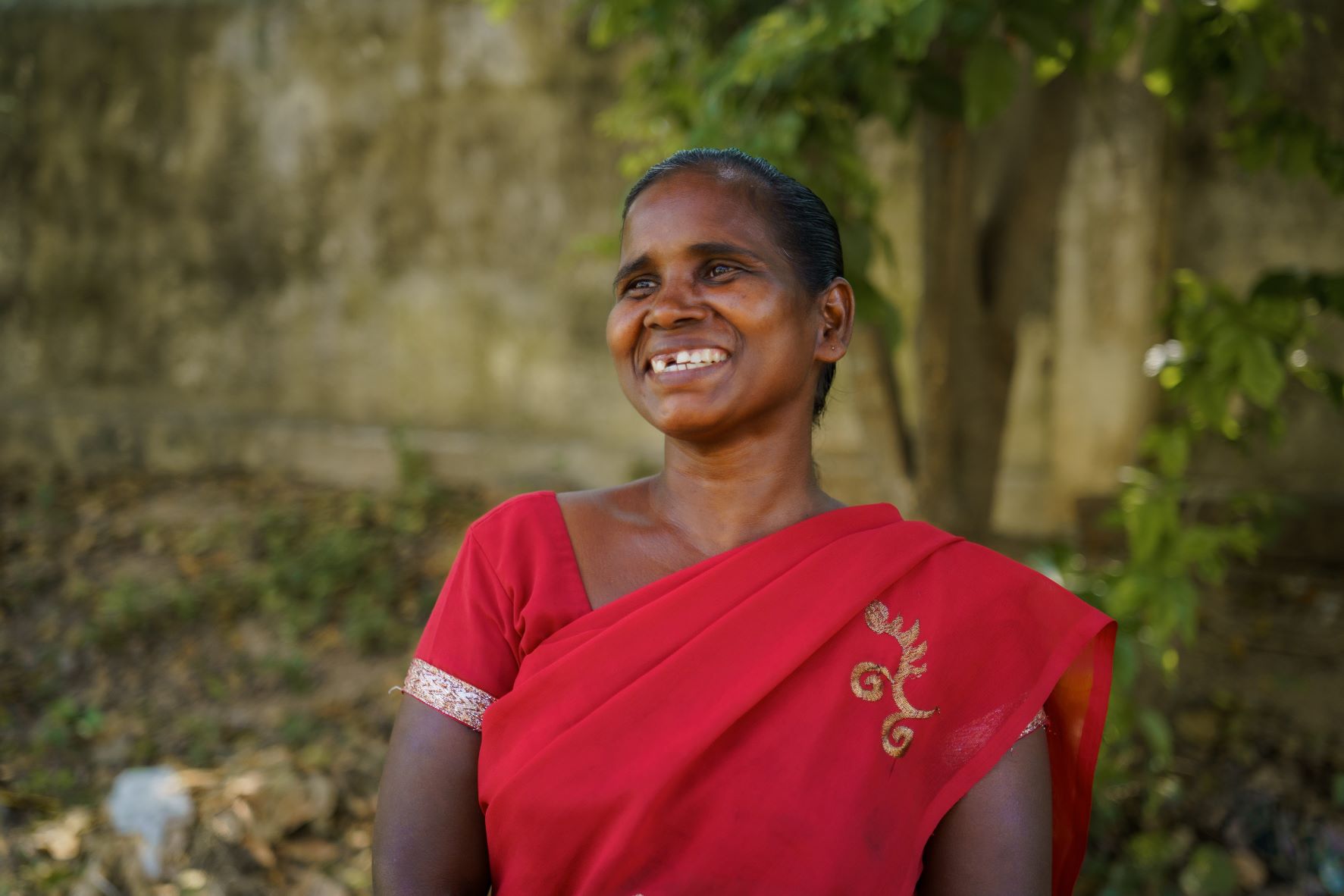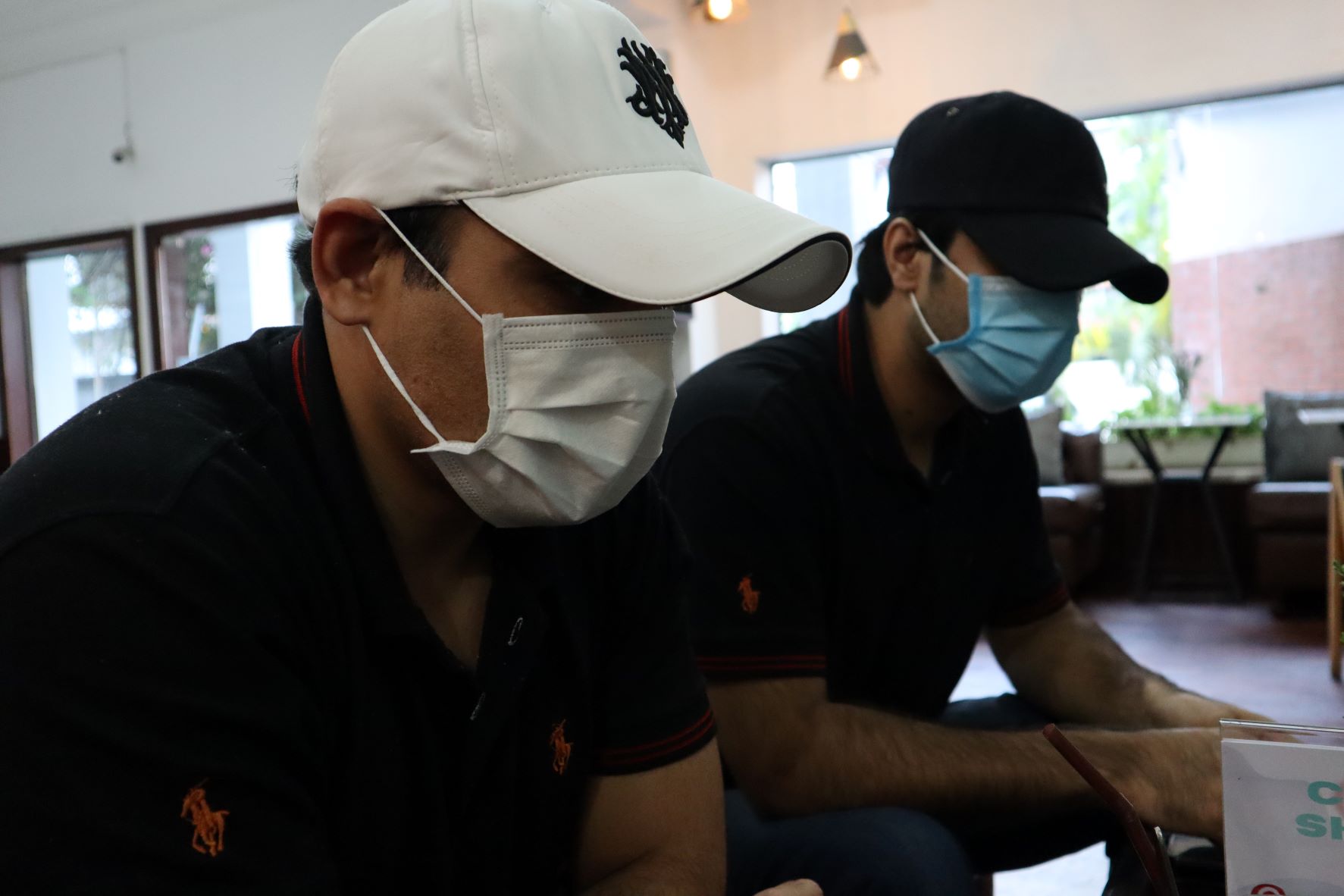Ron was a father, a husband, and a family man willing to risk anything to give his family just the basics. But in Cambodia, dire poverty kept getting in the way. Ron barely made US$2 (about HK$16) a day on his farmland—and Ron was running out of options.
So, when Keov came around the village and offered Ron a better option, he took the bait.
A recruiter and main player in a cross-border trafficking network, Keov preyed on men living in poverty. He promised Ron a job working on a fishing vessel that seemed like it would dig Ron and his family out of their crippling poverty.
It wasn’t until Ron was in the middle of the ocean when he found out that he had been sold.
Keov had trafficked him to a ruthless boat captain working in the Thai fishing industry, a 7-billion-dollar industry that employs tens of thousands. Some of the men, like Ron, have been lured in by the false promise of a good-paying job.
“I fell into the trick,” Ron said.
In Thailand, Ron’s story is common. But because of you, it’s not hopeless.

Will you give today and help men like Ron return home?

“It’s Hard to Be on Sea”
Once at sea, Ron and his fellow workers were forced to work over 20 hour days, or longer if they didn’t work fast enough. He recalls having to work two or more days without rest or meals when the boat captain wasn’t satisfied.
Years passed as he worked tirelessly while men alongside him started to disappear.
“Some workers were pushed over the boat,” Ron said. “At one point, I saw a corpse. It was someone I knew.”
And the work on the vessels is dangerous – each fishing net may have a weighted ring attached to keep it submerged in the water, weighing about 30 pounds. If they didn’t lay it correctly as they cast the net overboard, this ring could hit one of the workers and drag him into the water. If the nets snagged on the floor of the sea, they were forced to dive into the ocean’s depths to untangle them.
Back home, his family was waiting for him—they had no idea what actually happened.
As time went by while lost at sea, memories faded, and moments passed. Ron would miss birthdays, holidays, laughter and tears—things that make up a life. Eventually, his family gave up on any hope that the sea would return him.
Thankfully, we have supporters like you who see Ron as a man, husband and father who deserves to go home. This man, like so many others, fell victim to a predator who noticed his vulnerability and exploited it. But you would not let him get lost at sea.

“Happy to Be Home”
Since we began partnering with the Cambodian government, we’ve met hundreds of people enslaved like Ron. Traffickers like Keov have been free to sell thousands of Cambodian men on Thai fishing vessels—but not anymore.
Because of you, Keov was finally put behind bars. This was not only the first cross-border trafficking case IJM supported that has resulted in a conviction, but the beginning of sweeping changes in Thailand’s justice system.
And on top of that, Ron was finally able to return home.
Today, Ron is living in the village where he grew up, and he remains safe from further exploitation. As IJM takes on cases of forced labour slavery like his, an IJM social worker provides services like therapy, vocational training and identifying employment opportunities.
“I’m happy to be back home and to work on the farm. I have paid for my moto…and I have my cows.” Ron’s eyes light up when talking about the calf, which he can hopefully sell for a good profit.

You brought Ron back to shore. But there are still many men lost at sea—trapped in the tangled-web of the Thai fishing network.
Your donation will help rescue and protect more people like Ron from cross-border labour trafficking and exploitation.
Consent gathered for Ron’s images. Stock imagery also used.



